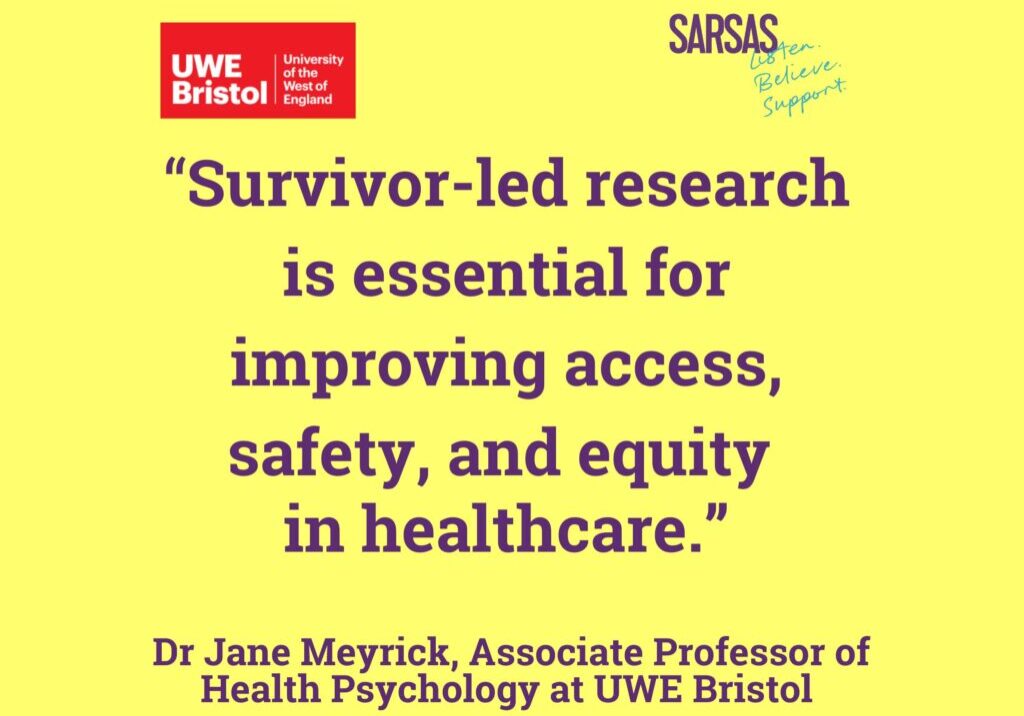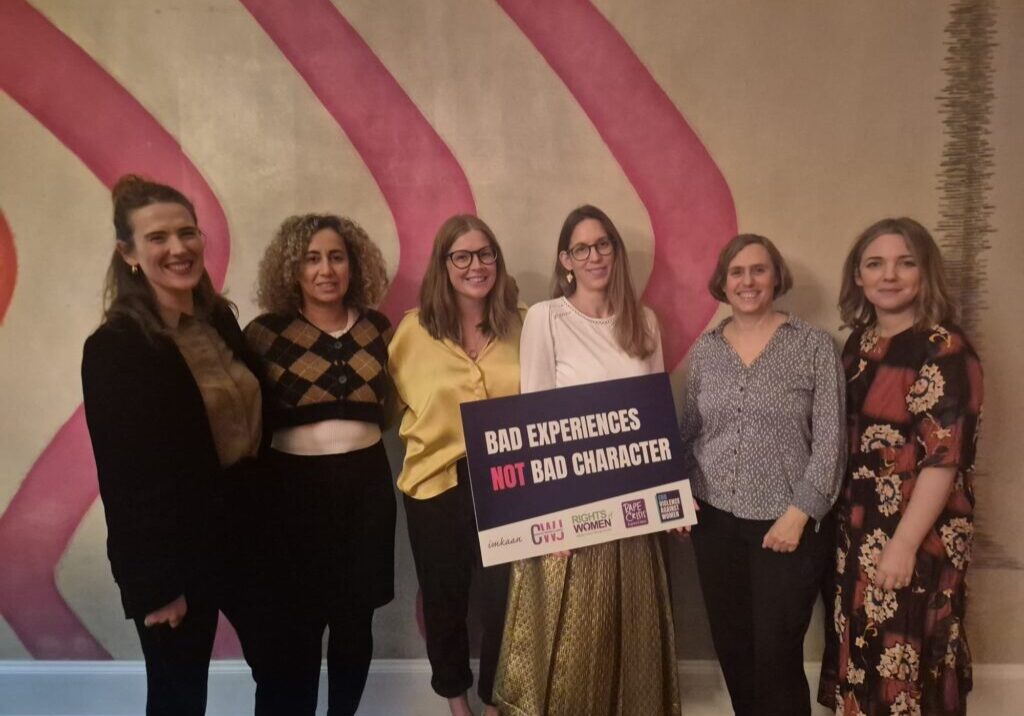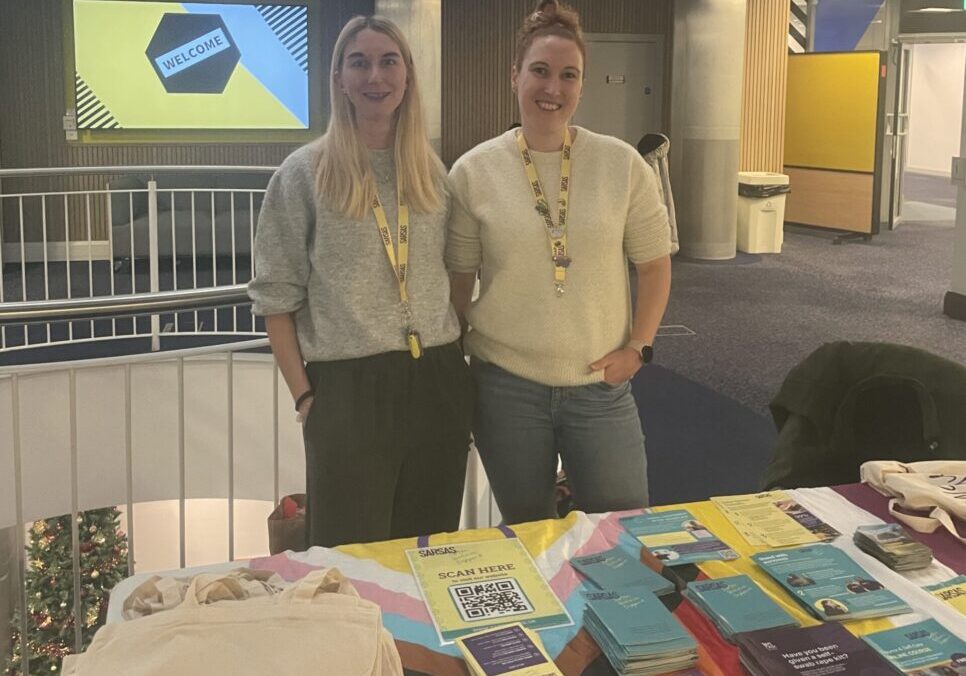Safeguarding and privacy
We are committed to safeguarding and promoting the welfare of everyone who uses our services.
We believe safeguarding is everyone’s business. Safeguarding is a specific activity that is undertaken to protect children and adults in need of care and support who are suffering, or are at risk of suffering harm.
Safeguarding children and young people policy
SARSAS privacy statement
We take your privacy very seriously. It is the very ethos of the organisation and a fundamental part of creating trust between our clients, staff and volunteers. All members of staff, volunteers and trustees must maintain strict confidentiality regarding any information about anyone connected to SARSAS.
Information we collect from you
If you use the helpline, you will not be required to provide any details about yourself. If you use other services, we will only hold minimal information in order to contact you, for example, to cancel an appointment. From time-to-time, we will check that the information is up-to-date.
If details of counselling sessions are held on record for the benefit of your support, only essential details will be recorded and they will be stored securely. Any information used for statistical or reporting purposes will be completely anonymised.
Sharing information with third parties (people or organisations outside of SARSAS)
No information will be shared with a third party outside SARSAS without written consent from the relevant person (except in circumstances set out below).
Situations when it may be necessary to break confidentiality
- when a child or adult with care and support needs is at risk of harm through abuse or neglect (see Child Safeguarding Policy and Safeguarding Adults Policy)
- when there is a serious risk of harm to the service user or others
- when there is a court order or other legal requirements.
The decision on whether to break confidentiality will be decided on a case-by-case basis and always in agreement with the CEO, or in their absence, the Designated Safeguarding Lead (DSL).
Security and data retention
We will keep your information safe from unauthorised access, unlawful processing, accidental loss, destruction or damage. We will retain your information for a reasonable period or as long as the law requires. It will then be safely destroyed.
Accessing and updating
You can request access to the information held on you, amend it or if it is not a legal requirement to keep it, ask to have it deleted.





